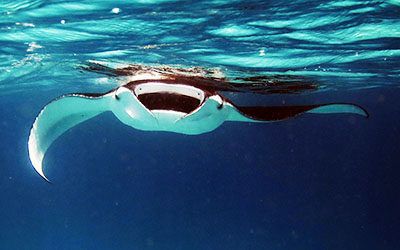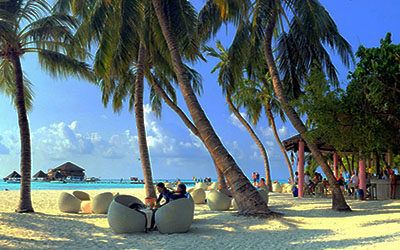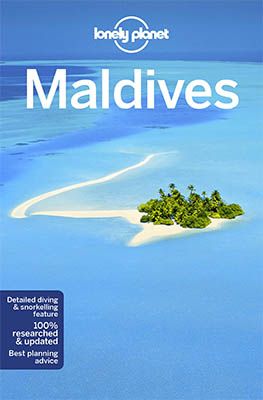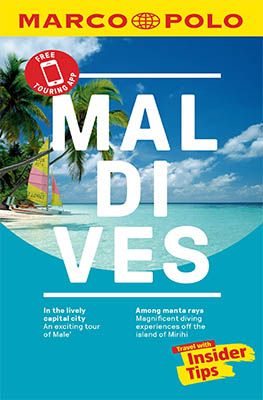The Maldives in a nutshell
Who doesn’t remember the Bounty adverts in the 1980s? Incredibly beautiful, white sandy beaches, fringed by palm trees with low-hanging crowns. The recordings for the commercial were made in the Dominican Republic. But as far as we are concerned, it could just as well have been the Maldives. Because if there is one place on earth with ultimate Bounty beaches, it is there!
The Maldives consists of almost 1200 coral islands. Each of the small islands are spread over 26 atolls. The largest island, Gan, is only 5 km². Most islands are smaller than 2 km². Two hundred islands are inhabited, some of which have been around for 5000 years. In addition, there are over 150 islands where tourists are welcome.
We visited the islands for diving. It is not for nothing that the underwater world of the Maldives is praised by many. The turquoise water is not only attractive for divers. Snorkelers and other water sports enthusiasts are also easily seduced by the crystal-clear, warm water. But most tourists come here for unprecedented luxury and relaxation. Just to have the ultimate Robinson Crusoe experience.
Click to jump to any topic below:
Accommodation
Do not go to the Maldives especially for the culture and history. Apart from hotel staff, you will encounter few natives. At least, not on the islands where the resorts are built. You go to the Maldives if you want to be pampered. You won’t find many boutique hotels here, but you will find the most beautiful, luxurious resorts. One even more beautiful (and expensive) than the other. Often, you will have your own little hut on stilts. With the ultimate soothing sound of the murmuring sea beneath your dwelling. Or even a private swimming pool.
The choice is endless. Yet every resort and island has its own charm. Make your choice based on what the resort has to offer in terms of activities. And of course, also by your budget. Because you can only go as crazy as your wallet allows.
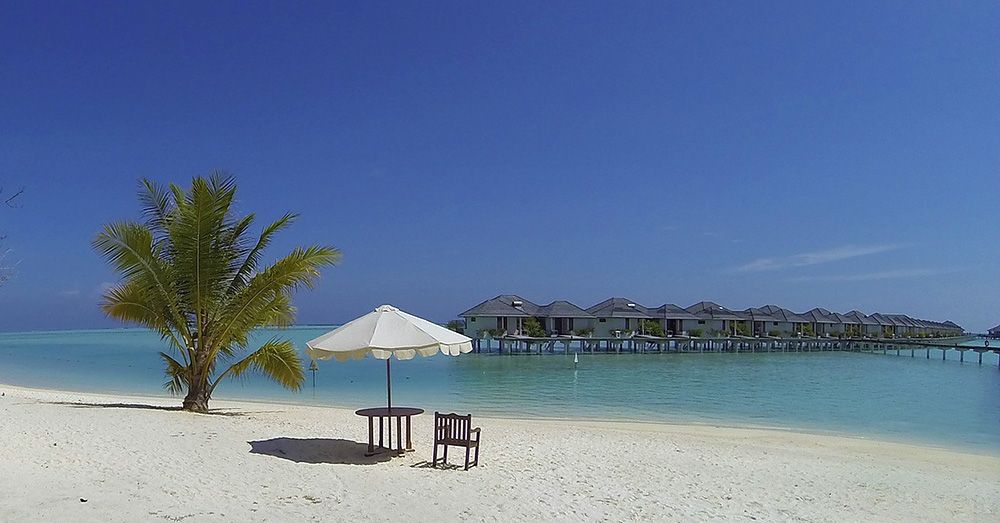
Maldives travel advice
Apart from Covid, the Maldives has certain advice for your visit to the islands. One tip is that you take into account that the Maldives is (strictly) Muslim. You may not notice this at the resorts. In Malé, the main island and capital, it is even more so. On this island, the consumption of alcoholic beverages is prohibited. The same applies to (expressions of) homosexuality and the carrying of Christian objects.
Always check the current travel advice for the Maldives before you leave.
Healthcare in the Maldives
In fact, only vaccinations against yellow fever are compulsory for the Maldives. That is, if you have been to a country where yellow fever occurs. Otherwise, only vaccinations against DTP and hepatitis A are recommended. In addition, protect yourself against mosquito bites because, among other things, dengue occurs here.
About eight weeks before your departure to the Maldives, it is wise to have a conversation with a medical expert, for example someone from the Travel Vaccinations Department. Depending on your own medical background, specific precautionary measures may be necessary.
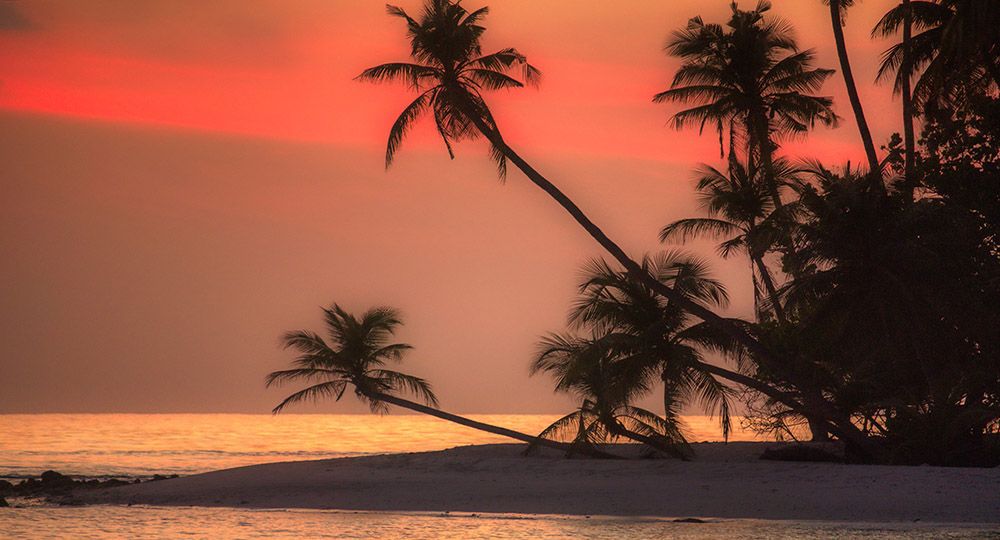
Best travel time for a holiday in Maldives
The best time to travel to the Maldives is from January to March. It is slightly drier than in the other months. December is in principle also a suitable month. However, especially during the holidays it is (very) expensive. September and October are in terms of weather the least favourable months in the Maldives.
Visa
For a holiday in the Maldives, you do not need a visa. Your passport must still be valid for 6 months after your return. On arrival you will receive a tourist visa that is valid for 30 days.
Food and drink
Maldivian cuisine revolves mainly around rice and fish (especially tuna). And this in combination with the most delicious, sometimes spicy curries and roshi (thin bread). Chicken and egg dishes are also often found on menus. Other types of meat are mainly found at the island resorts where they have an international cuisine.
On the inhabited islands, including Male, you can enjoy the tastiest fruit shakes. The locals also drink a lot of tea. In Male, you will find quite a few tea houses. In the island resorts, alcoholic beverages are also served.
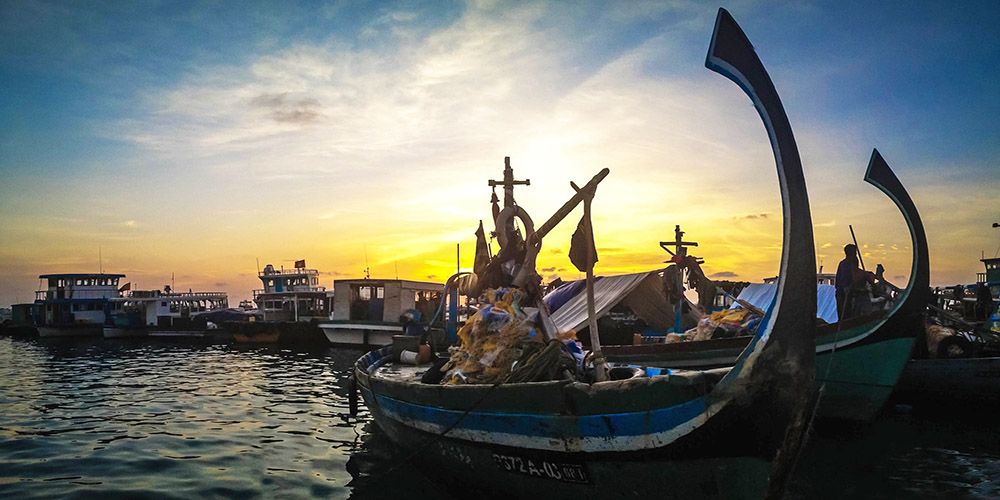
Transportation to and within the Maldives
There are direct flights to the Maldives. However, the most possibilities are with a stopover in Rome, Frankfurt, London or in the United Arab Emirates. Many travellers combine their visit to the Maldives with a stay in for example Sri Lanka. The first part of the holiday is then active. The holiday is then concluded in a very relaxed way. Not a bad choice, if it were up to us.
Once in the capital Malé, there are four ways of getting around in the Maldives: domestic flight, boat, seaplane or liveaboard (floating hotels for divers). In the Maldives, the boat is to us what the car, bus or train is to us. Seaplanes and liveaboards are actually only used for tourists. We travelled by boat. These are often speedboat-like vessels that sail in two hours to distant atolls.
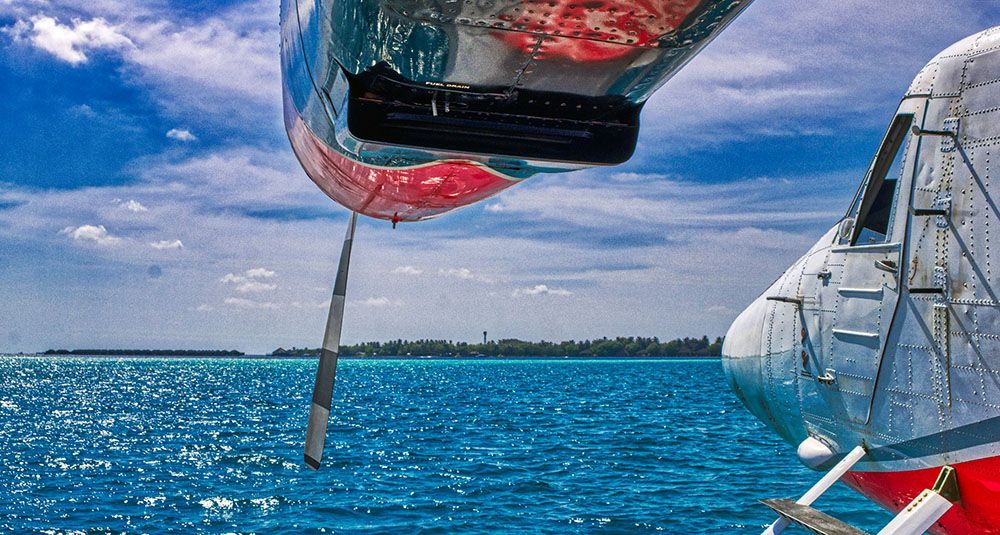
Electricity
The power plugs and sockets are of type D and G in the Maldives. The standard voltage is 230 V with a standard frequency of 50 Hz. You need a power plug adapter when living in the UK or Ireland.
Money matters
The official currency in the Maldives is the Maldivian rufiyaa. It is pegged to the dollar.
Since most goods are imported, the general price level is (a lot) higher than in most European countries. Often, an all-inclusive stay at an island resort or liveaboard (for divers) is the most affordable option.
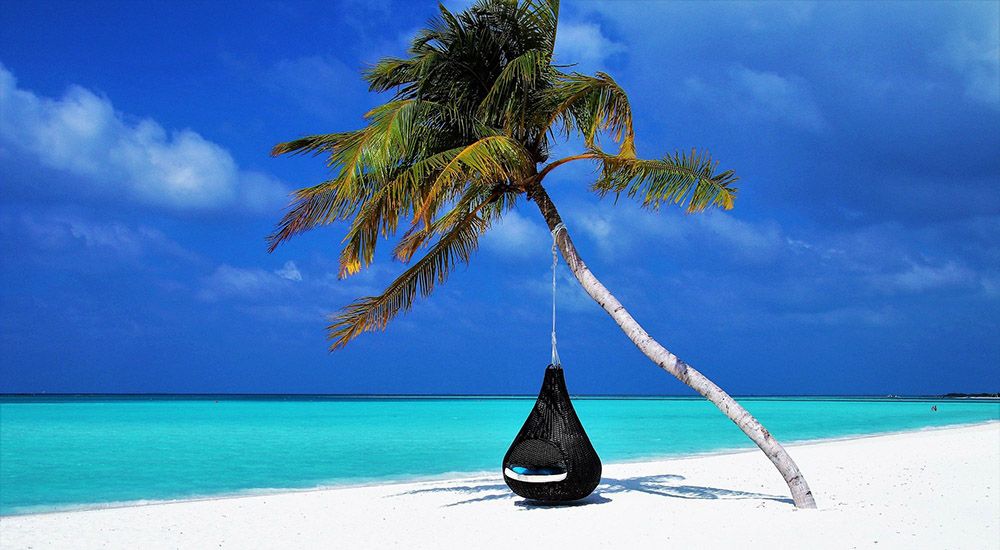
Highlights of the Maldives
Diving in the Maldives
Besides relaxing in a hammock at your water bungalow, diving is the most important activity in the Maldives. The atolls form one big tropical underwater paradise. Because of the location of the coral reefs in the middle of the ocean,...
The most beautiful island resorts in the Maldives
In the Maldives you can spend the night in a hotel or guesthouse. But in our opinion, staying in an island resort offers the best "Bounty" experience. Imagine pearly white sand beaches, turquoise lagoons, coconut palms and luxurious...

